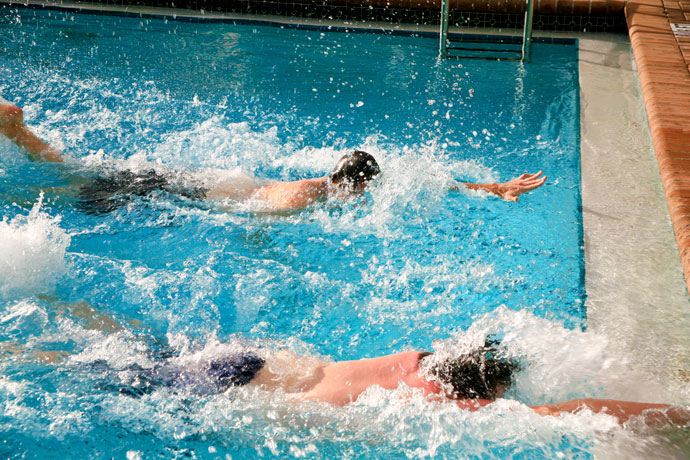Nitrox: Should You Use It For Your Scuba Diving?
As any veteran diver will tell you, the equipment that you use can make all of the difference in the world. This is true when it comes to both the overall dive experience and the safety of the diver and those accompanying them.
In selecting your dive equipment you may be considering using nitrox tanks and wondering whether or not it is right for you and your diving. Here is a brief guide to help you understand what nitrox is and why you may want to use it for your scuba diving.
What is Nitrox?
Simply put, nitrox is merely a mixture of nitrogen and oxygen. The regular air that we breathe every day is technically nitrox -- with a mixture of 78% nitrogen and 21% oxygen, along with some trace gases. When it comes to diving, nitrox, also referred to as enriched air, has a different proportion of nitrogen and oxygen. Nitrox has a higher ratio of oxygen and thus, less nitrogen to be absorbed by your blood stream.
What Are the Benefits of Nitrox?
Nitrox, because of its lower percentage of nitrogen, has two key benefits. One, since you are breathing a small amount of nitrogen, there is less of it to be absorbed into your body while you are diving. Since there is less nitrogen gathering in the tissues of your body, this can help to reduce your chances of getting decompression sickness while diving, commonly known as the bends. By default, this also means that you get more bottom time while diving -- and will not need to return to the surface quite as quickly under normal scuba diving conditions.
There has also been some evidence to suggest that using nitrox during your dive can help to reduce post-dive fatigue, particularly in older or overweight divers. This is primarily because many cases of post-dive fatigue can be caused by what is known as sub-clinical decompression sickness. This is a condition that occurs when tiny bubbles of nitrogen are trapped in the blood stream and the tissues of the body, but not in a large enough quantities to cause full decompression sickness. Since nitrox allows less of the nitrogen to enter your body, many have reported that it aids with the post-dive fatigue. However, there has not been a great deal of research done on this topic so there are no real statistics on the subject as of yet.
Purchasing Nitrox
Purchasing nitrox for your dive is pretty simple, since most dive shops will fill your tanks with standard air or nitrox. However, do keep in mind that you must certified in order to use nitrox. You can take a specialty course in scuba diving with nitrox. Also, make sure whatever dive shop you are using to fill your take has the proper certifications. Cost-wise, nitrox is pretty reasonably priced, falling only slightly higher than standard air. And with the added benefits and safety measures that you receive from using nitrox, it is well worth the extra pocket change.
Check with your local dive shop if you have more questions about learning to use nitrox for your next scuba dive.
3 Reasons You Should Learn to Scuba Dive
Come And Meet The Sharks Face To Face


